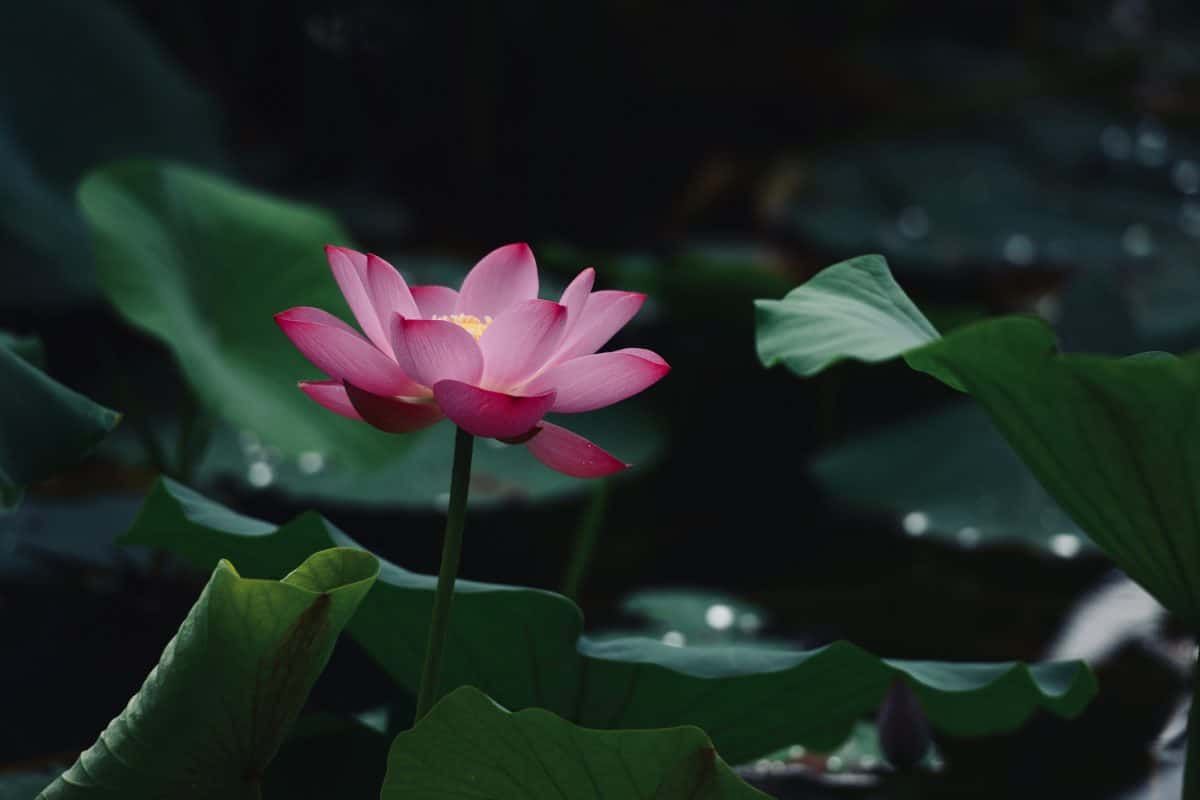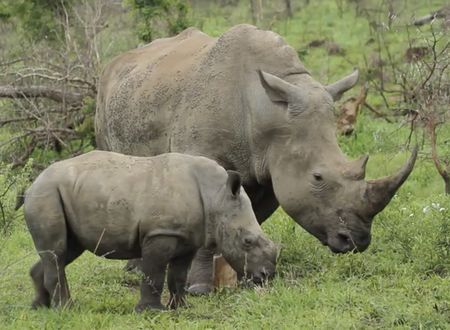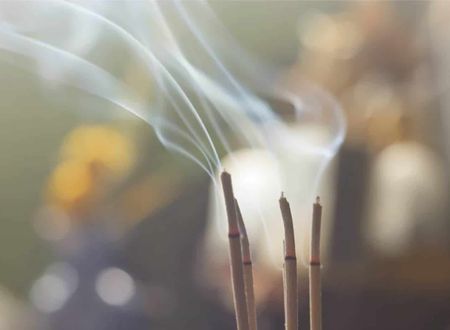Read the first part of this series here.
Secrets of A Happy Life
—Part 2—
A Life Without Attachment
Attachment is the greatest cause of our suffering. As long as there is some form of attachment, suffering is inevitable. And as long as suffering is there, happiness is occasional.
We have to end suffering totally if we want everlasting happiness. By understanding how suffering is engendered, we would be able to go beyond it. There is no other way.
What Is Attachment?
In simple words, attachment is our desire for something, and not being willing to let go of it. We are creatures of desire— primeval, instinctual, emotional, intellectual, even spiritual. Life is a desirous process…life has its own intrinsic desire to grow, to evolve, to find its full expression. Without this desire, life is inert, would be stagnant. So, desire is the basic structure of life. We cannot do away with it.
But, we don’t put desire in that context. To our minds, desires are—wanting good foods, good clothes, comfortable lifestyles, good jobs, partners for life, having a family, power, position, prestige and all the rest of it. Our desires are nothing but worldly. We don’t give a hoot to what life’s desire is. We have made our own lives, externally in the world and internally in our minds. All these worlds are more important to us than our original life—that original state, where there is no seeking, therefore no attachment and therefore no possibility of suffering.
Desire is the very fabric of our existence. So, we desire. There are no ends to our desires. When we desire something, we are attached to it. No matter how strong or weak the desire is, it is still attachment. Once we’re attached, we don’t want to lose it. And this very wanting creates bondage, which eventually makes us suffer.
Haven’t you heard how people catch wild monkeys? They set up traps—using some jars or bars, and put some food into them. The mischievous monkeys, wanting to have that food, put their hands into them, and they get trapped! So, their desires get them caught. It is so with us. Even desiring is not a problem, you know, but once you don’t want to let it go, you invite bondage, just like the monkeys.
We are terribly attached to this life, actually not even to this life, but to what we ‘think’ life is—that is, all the accessories of life, people, things, possessions, name, recognition, achievements and so on. We are attached to million different things, both outwardly and inwardly.
Inwardly we are attached to our conditioning, to our beliefs, our ideologies, doctrines, customs, prejudices and what not! These are more difficult ones to let go of. All our life, we are attached to something or other, thinking that they will give us happiness, security. But this very grasping engenders insecurity and fear. So, actually all our life is spent in insecurity and fear. So how can an insecure and fearful life ever dream of finding true happiness? It’s simply not possible. Only when all our insecurities and fears are resolved, will we no longer seek anything, thereby ending the cycle of attachment and bondage—suffering.
True happiness will dawn only then.
The Way to Detach: Dispassion
Now, one should not get into the thinking that we have to renounce everything, no! That’ll create more suffering if done in reaction to suffering. Anyway, you cannot renounce the world if you haven’t renounced your desires psychologically. That is the first sannyas! Renouncing the world will then happen anyway, but not in reaction to life’s suffering, but in understanding that renouncing is a mental act, not necessarily has to be executed in the external world. A man who has renounced his or her desires psychologically is already a free soul. He or she doesn’t have to abandon the world and go sit in a cave. Their minds become their caves instead, and this body their ashram or temple. Yes, it’s possible! Anyone can do this if he or she is truly willing and has the right understanding. Spirituality doesn’t come to fools, neither to the intellectuals for that matter. It only comes to those who have understood life and are psychologically mature.
So, if not in reaction, then how to be detached from the trappings of this world and our minds? The answer is dispassion.
The Flower of Dispassion
Dispassion is vairagya. ‘Vai’ means ‘beyond’ and ‘raga’ means ‘attachment’. ‘Raga’ also means ‘attractions’ and ‘colouration of consciousness’. Going beyond this is vairagya. It simply means to be free from all the imprints of consciousness, which distort our views of reality. In this vein, vairagya is the state of yoga, as described in Patanjali’s Yoga Sutras:
“yogaschitta-vritti nirodha.” [1.2]
That is, yoga is the state when all the vrittis (currents) in our chitta (consciousness) have subsided, and consciousness is in its pure primal state.
But, in a more practical vein, we can say, vairagya is dispassion for anything that is not our true self and doesn’t give us true happiness. When the fiery flower of dispassion blooms in our consciousness, effortlessly we get detached to everything without the slightest struggle. Until this flower blooms within our hearts, we will keep struggling to be detached. So, we will keep suffering. Just like a ripe fruit falls from its stem without any help, similarly a dispassionate life is detached from the moha of this life.
This flowering is dependent on our spiritual evolution. As we become spiritually more evolved, the flower naturally unfolds, but we have to walk our spiritual journey to let that happen. Vairagya can be achieved through the perfect knowledge of reality or intense devotion. Without gyan and bhakti, vairagya will not come. Also the grace of a guru, the company of holy men and understanding the words of the enlightened ones and scriptures help immensely in our spiritual journey.
Joy Blooms
With the flowering of gyan and bhakti, the sweet flower of joy also starts to unfurl its petals. For the first time, we start to smell and taste—what is bliss, true happiness.
As a lotus has its roots in a muddy pool, but rises above and blooms in its glory, vairagya likewise uplifts our soul and opens up the possibility to experience indestructible joy.
—
Thank You for reading.
With Love, Alok 🍁









Comments & Discussion
8 COMMENTS
Please login to read members' comments and participate in the discussion.